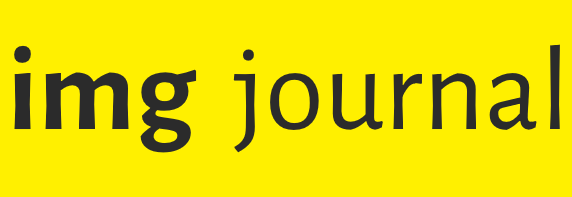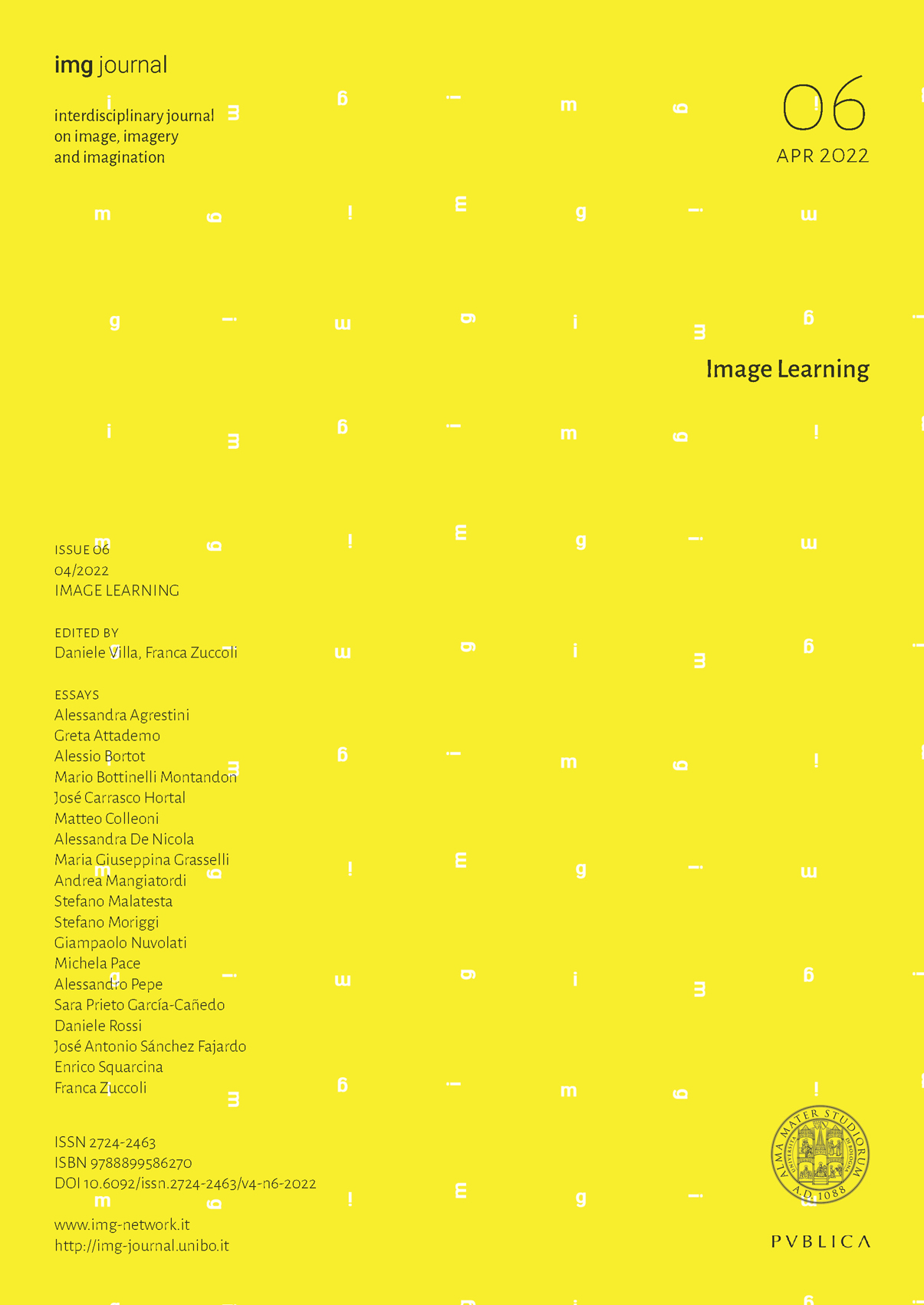Creating the (School’s) Future. Imagination, Prediction and Argumentative Competence
DOI:
https://doi.org/10.6092/issn.2724-2463/14835Keywords:
Imagination, Argumentative Competence, Prediction, Future, TetradsAbstract
This paper proposes notes and reflections on methodological strategies and qualitative outcomes of a teaching experiment that involved a class (5th year) of the primary school of the IC Galilei in Reggio Emilia. The work was carried out within a digitally augmented learning ecosystem capable of a) enabling synchronous and asynchronous interaction practices and b) facilitating cooperation and sharing at different levels of proximity (between teachers and students). In this context, efforts were made to enrich and develop pupils’ argumentative competence by working with images and especially by prodding their predictive imagination. Therefore, taking the evolution of technologies as a projectual (and cultural) horizon within which to try to imagine a plausible and desirable future, and conceiving –like Vygotskij –the imagination in terms of a creative and combinatory behaviour, we asked the children to ‘create’ a probable future. In other words, we asked them to give shape to the school of the future, starting with an analysis of the mistakes and intuitions that a group of artists at the end of the 19th century were able to make in an attempt to predict the year 2000 that the protagonists of this action-research project did not experience. Final objective: to develop in the children an argumentative and linguistic structure capable of supporting a lesson aimed at citizenship in which the pupils themselves would then share their idea of integrating digital technologies at school. The results collected made it possible to positively assess a second edition of the training course, which will see the adoption of a device –McLuhan’s Lost Tetrads– with which we will try to further encourage an exercise of imagination (and also of ar-gumentation) capable of designing sustainable contexts and ecosystems (of learning and beyond).
Downloads
Published
How to Cite
Issue
Section
License
Copyright (c) 2022 Stefano Moriggi, Maria Giuseppina Grasselli

This work is licensed under a Creative Commons Attribution 4.0 International License.





